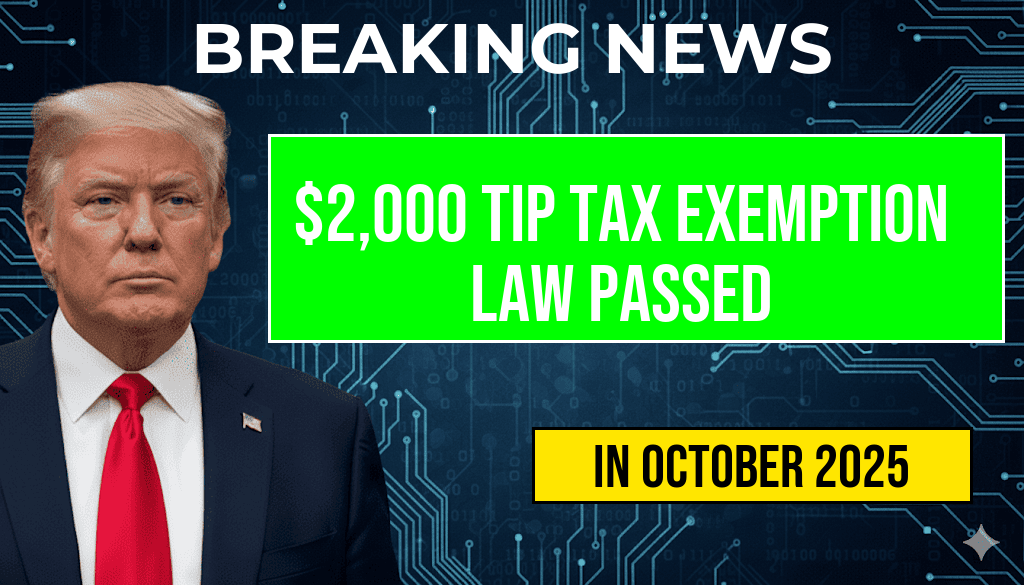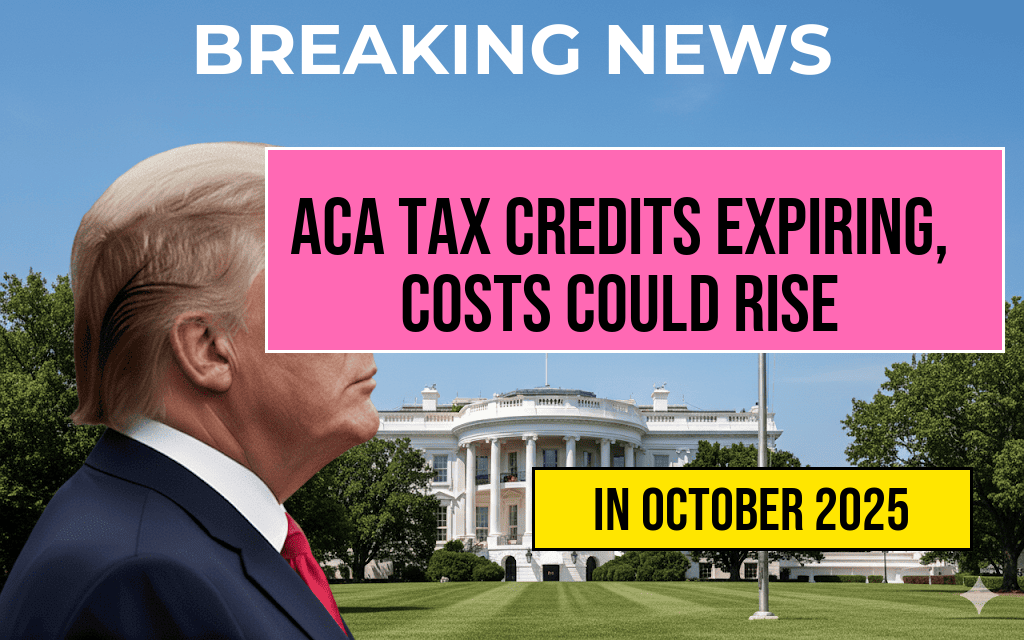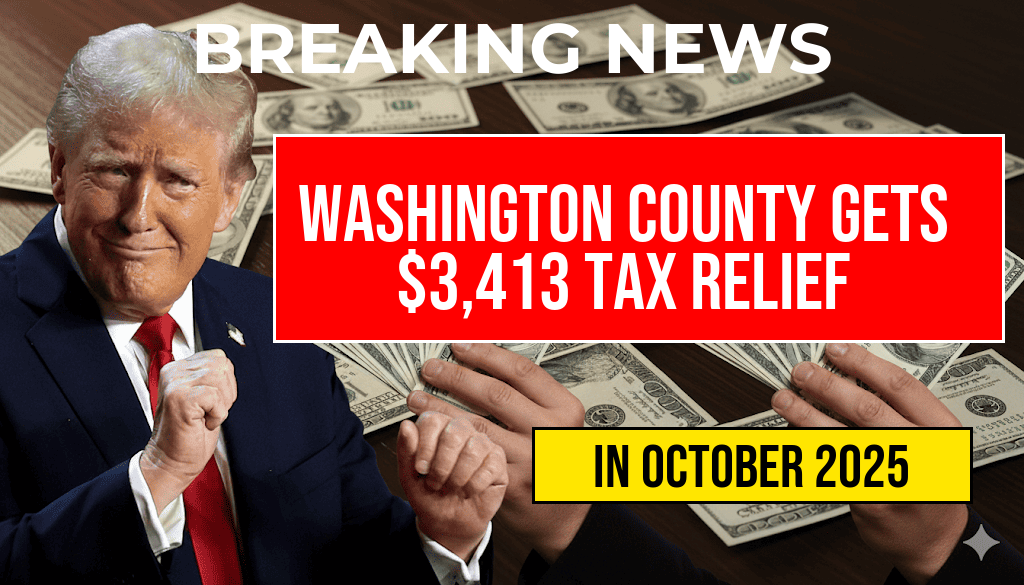A new law eliminating taxes on tips exceeding $2,000 is set to reshape the landscape of the service industry across multiple states. Enacted this week, the legislation aims to provide relief to high-earning service workers such as waitstaff, bartenders, and delivery drivers who often rely heavily on tips as a significant component of their income. While supporters argue that the law promotes fairness by exempting substantial gratuities from taxation, critics express concerns about potential revenue impacts and the challenges of enforcement. Businesses within affected jurisdictions are now preparing for the upcoming tax season, with many adjusting payroll and reporting systems to comply with the new regulations. The law’s implementation signals a broader shift towards recognizing the importance of tip-based earnings, but it also raises questions about the long-term implications for state revenue and tax compliance standards.
Understanding the Law and Its Scope
Legislative Background
The legislation, officially titled the Tip Tax Exemption Act of 2024, was introduced earlier this year amid debates over income inequality and tax fairness. Lawmakers argued that high-earning service workers often face disproportionate tax burdens on their gratuities, which can significantly elevate their taxable income. The bill received bipartisan support in several states, including California, New York, and Illinois, where the service industry forms a critical economic backbone (Wikipedia: Service Industry).
Key Provisions
| Aspect | Details |
|---|---|
| Exemption Threshold | Tips exceeding $2,000 per calendar year are exempt from federal and state income taxes |
| Eligible Workers | Waitstaff, bartenders, delivery personnel, and other service industry employees |
| Reporting Requirements | Employers must report tips exceeding the exemption threshold but are not required to withhold taxes on amounts below it |
| Effective Date | January 1, 2024 |
Implications for Service Workers and Employers
Financial Impact
The law could substantially benefit high-earning service workers, allowing them to retain more of their tips without facing increased tax obligations. For example, a bartender earning over $2,500 in tips annually would no longer need to pay taxes on the portion exceeding the exemption threshold. This change is expected to boost disposable income for some workers, potentially encouraging higher gratuity levels and improving morale in the industry.
Business Adjustments and Compliance
Employers are now tasked with updating their payroll and tip-reporting systems to align with the new law. Many are investing in advanced point-of-sale (POS) systems that automatically track tip amounts, ensuring accurate reporting and compliance. Additionally, hospitality associations are providing guidance on how to navigate the new regulations, emphasizing transparency and record-keeping to prevent inadvertent tax violations (Forbes: Business Adaptations to Tip Laws).
Potential Challenges and Criticisms
Revenue and Enforcement Concerns
State and local governments face uncertainty regarding the law’s impact on revenue streams. Critics warn that exempting large gratuities from taxation could lead to diminished tax collections, affecting funding for public services. Moreover, ensuring compliance remains a challenge, especially given the informal nature of some tip transactions. Authorities may need to enhance auditing and reporting mechanisms to prevent abuse and underreporting.
Broader Tax Policy Context
The law aligns with ongoing debates about tax fairness and the role of gratuities within the broader tax code. Advocates believe it corrects an imbalance that disproportionately affects high-income service workers, while opponents argue it could set a precedent for further tax exemptions that erode overall revenue. Experts suggest that policymakers should weigh these considerations carefully when evaluating similar legislation in the future (Wikipedia: Tax Policy in the U.S.).
Public and Industry Reactions
Industry Perspectives
- Supporters: Many service industry unions and advocacy groups welcome the law, viewing it as a step toward fairer compensation and recognition of the importance of gratuities.
- Opponents: Some restaurant owners and financial analysts express concern over potential revenue losses and administrative burdens associated with implementing the exemption.
Public Opinion
Polls indicate mixed reactions from consumers and workers alike. While many workers see the benefit of retaining more of their tips, others worry about the potential for increased prices or reduced service quality if businesses respond by adjusting wages or tipping policies.
Looking Ahead
The enactment of the $2,000 Tip Tax Exemption Law marks a notable shift in how gratuities are viewed within the U.S. tax system. As states begin to implement and enforce these provisions, ongoing assessments will determine their long-term effects on the industry and public finances. Stakeholders across the spectrum are closely monitoring developments, emphasizing the importance of balancing fair compensation for workers with sustainable revenue policies.
Frequently Asked Questions
What is the main purpose of the Two-Thousand Dollar Tip Tax Exemption Law?
The law aims to exempt tips up to $2,000 from taxation, providing relief to service industry workers and simplifying tax reporting procedures related to tips.
Who is affected by the new tip tax exemption law?
This law primarily benefits waitstaff, bartenders, hotel staff, and other service workers who receive tips as part of their income, potentially reducing their tax burden.
When does the law take effect, and how will it impact tax filings?
The law is set to take effect starting from the upcoming tax year, and affected workers will need to adjust their tax reporting to account for tips below the $2,000 exemption threshold.
Are there any reporting requirements or documentation needed for tips under this exemption?
While the exemption reduces taxable tips, workers should still keep accurate records of their tips received to ensure compliance and proper reporting.
How might this law impact employers and their payroll processes?
Employers may need to update payroll systems to reflect the exemption and assist employees in accurately reporting their tips, potentially reducing the administrative burden related to tip taxation.








